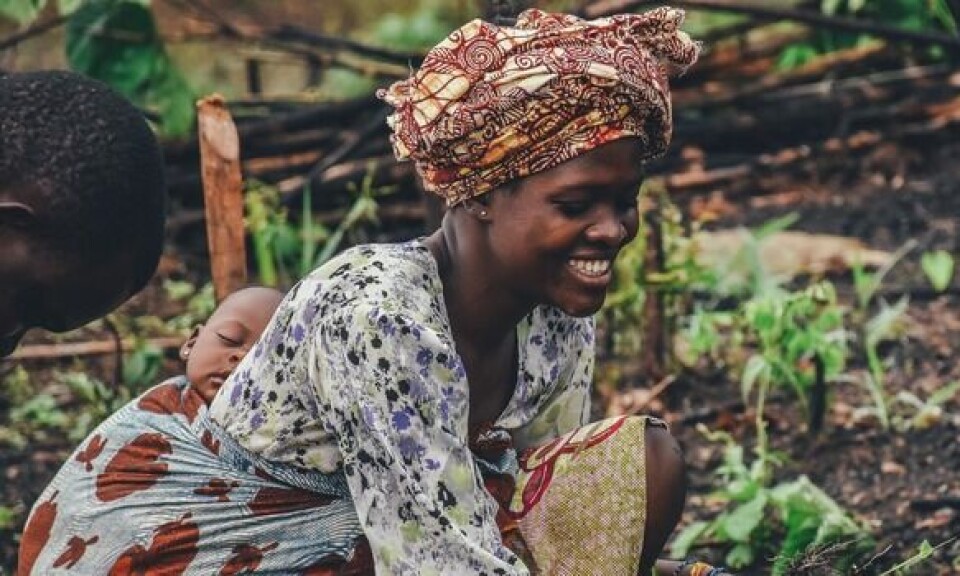Copyright : Re-publication of this article is authorised only in the following circumstances; the writer and Africa Legal are both recognised as the author and the website address www.africa-legal.com and original article link are back linked. Re-publication without both must be preauthorised by contacting editor@africa-legal.com
Twenty years of advancing women’s rights

While human rights lawyers in Africa have made an indelible contribution in advancing the Maputo Protocol, the work to protect and advance the rights of women on the continent must continue, writes Annie Dorasamy.
The Protocol to the African Charter on Human and Peoples’ Rights on the Rights of Women in Africa, also known as the Maputo Protocol, recently marked its 20th anniversary with the release of a comprehensive report highlighting the progress made by African countries in ratification, domestication and implementation of the Protocol.
A crucial instrument in recognising, promoting and safeguarding the fundamental human rights of women and girls across Africa, the Protocol has now been ratified by 44 out of 55 member states of the African Union.
The Protocol guarantees African women and girls’ equality and non-discrimination and covers various civil, political, economic, social and cultural rights. Among other aspects, the Protocol specifically references HIV/AIDS, prohibits female genital mutilation and recognises access to safe abortion under specific conditions as a women and girls’ right.
The report, produced by Solidarity for African Women’s Rights Coalition (SOAWR), Equality Now and Make Every Woman Count (MEWC), includes the key achievements and challenges in areas such as marriage, economic and social welfare, health and reproductive rights, protection from violence, political participation and protection from armed conflict.
According to the report, across the continent, governments have introduced constitutional, legal, policy and institutional reforms in line with the commitments and rights of the Maputo Protocol. The report also notes that “across the continent, African governments have introduced institutional reforms to increase women’s access to financial resources, such as microcredit (Chad) or establishing women-led banks (Guinea).”
However, the report states that “the review of reforms adopted concerning the rights to peace and protection from armed conflict and for specially protected women suggests that work remains to be done.” It also highlights that “gaps and weak implementation of existing legislation mean that women continue to face discrimination and are denied the full enjoyment and exercise of their rights.”
The Protocol owes much of its impact to the legal expertise and activism of human rights advocates who have been at the forefront of pushing for the adoption and ratification of the Protocol in countries throughout Africa, says Esther Waweru.
Waweru is senior legal advisor at Equality Now, a global network of lawyers, activists and supporters who hold governments responsible for their international obligation to prohibit all forms of violence and discrimination against women.
“Their (human rights lawyers) dedication has ensured that the Protocol’s provisions are not merely ink on paper, but tangible legal rights protecting millions of women and girls. Through their continued efforts in shaping effective legislative frameworks and policies, and ensuring access to justice and support for survivors, human rights advocates have demonstrated their commitment to advancing gender equality,” she said.
Waweru emphasised that human rights lawyers still have a significant role to play in raising awareness about the Maputo Protocol’s legal provisions and in convincing governments to adopt and fully domesticate it.
“Human rights lawyers can have a huge impact by leading in strategic litigation that upholds and sets important legal precedent in cases such as those involving harmful practices like child marriage and female genital mutilation, and other forms of sexual and gender-based violence,” Weweru said.
She encourages human rights lawyers to actively monitor the implementation of the Protocol and report on progress and challenges.
To join Africa Legal's mailing list please click here
